Another of our favourite recording and live streaming applications on Linux has recently been updated, and it's time to give you a little run down on it.
Simple Screen Recorder or SSR as we commonly call it has released version 0.3.0 which brings some awesome improvements that are really quite helpful. The application is open source of course, so be sure to take a look on github if you desire to see its dirty innards.
The biggest of the new features is the new profile system, as this allows you to setup multiple different recording profiles for different tasks. So, you can have one for general game recording for example, and one setup for livestreaming (still experimental). It doesn't come close to OBS Studio on Linux for livestreaming yet, but SSR is far better for general recording that's for sure.
SSR is packed full of features to help with your recording from recording your entire screen to selecting specific windows to record, and it doesn't stop there! You can select all manner of different audio and video codecs simply and quickly using the interface provided, so no messing around with the terminal at all.
The only thing I wish SSR had was built-in support for more than one audio feed, as having to mess around with things like Linux's PulseAudio system to string two feeds together is a real pain, and sometimes not worth the effort when it garbles your sound up. That is one area that OBS Studio trumps it, and I hope the SSR developer looks into it.
We at GOL actually use SSR for most of our videos, so it shows you just how good it is for us to be able to use it all the time for our YouTube video's. SSR is the only program I have found that is able to keep the audio in sync with the video too, so that is one of the major reasons we use it.
Oh, and it also has a fancy new icon as well.
So, be sure to record lots of video's of gaming on Linux and show the world how awesome Linux is for gaming.
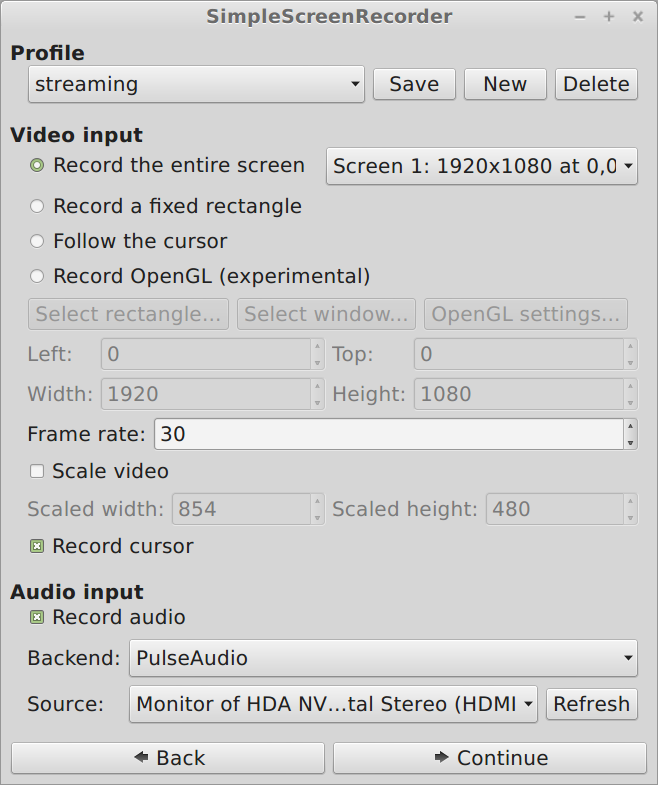
Simple Screen Recorder or SSR as we commonly call it has released version 0.3.0 which brings some awesome improvements that are really quite helpful. The application is open source of course, so be sure to take a look on github if you desire to see its dirty innards.
The biggest of the new features is the new profile system, as this allows you to setup multiple different recording profiles for different tasks. So, you can have one for general game recording for example, and one setup for livestreaming (still experimental). It doesn't come close to OBS Studio on Linux for livestreaming yet, but SSR is far better for general recording that's for sure.
SSR is packed full of features to help with your recording from recording your entire screen to selecting specific windows to record, and it doesn't stop there! You can select all manner of different audio and video codecs simply and quickly using the interface provided, so no messing around with the terminal at all.
The only thing I wish SSR had was built-in support for more than one audio feed, as having to mess around with things like Linux's PulseAudio system to string two feeds together is a real pain, and sometimes not worth the effort when it garbles your sound up. That is one area that OBS Studio trumps it, and I hope the SSR developer looks into it.
We at GOL actually use SSR for most of our videos, so it shows you just how good it is for us to be able to use it all the time for our YouTube video's. SSR is the only program I have found that is able to keep the audio in sync with the video too, so that is one of the major reasons we use it.
Oh, and it also has a fancy new icon as well.
So, be sure to record lots of video's of gaming on Linux and show the world how awesome Linux is for gaming.

Some you may have missed, popular articles from the last month:
All posts need to follow our rules. For users logged in: please hit the Report Flag icon on any post that breaks the rules or contains illegal / harmful content. Guest readers can email us for any issues.
Good to see it coming along. Of the screen recorders I used, SSR is definitely the easiest to use.
0 Likes
Still doesn’t support recording ALSA output unfortunately, but seems like a nice tool otherwise.
Are you sure?
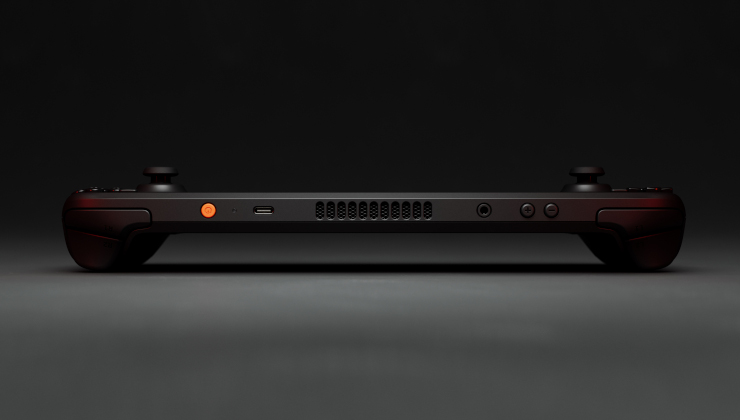
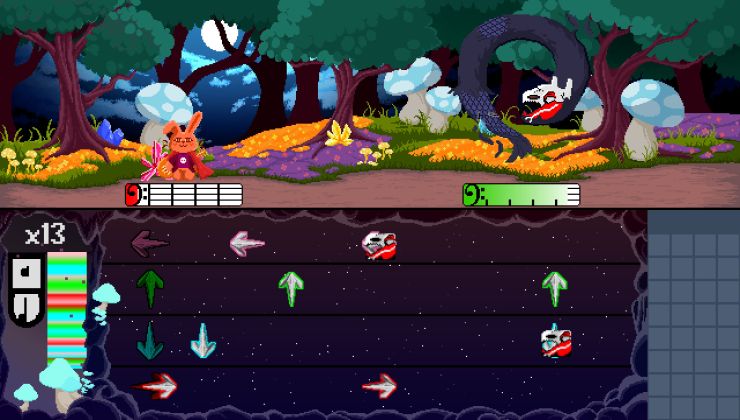
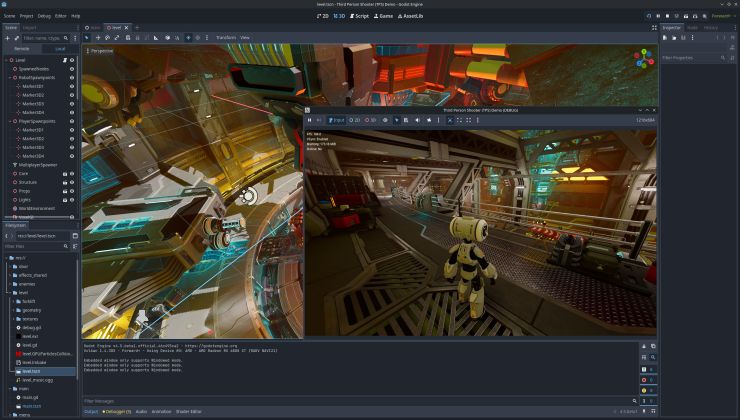






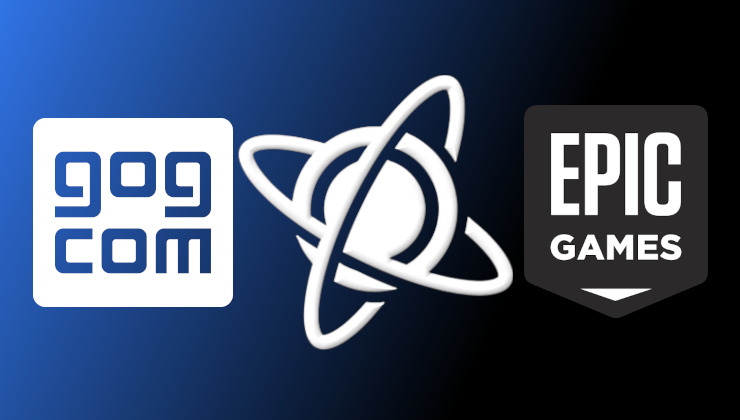 How to play games from GOG and Epic Games on Linux, SteamOS and Steam Deck
How to play games from GOG and Epic Games on Linux, SteamOS and Steam Deck How to get Battlefield 3 and Battlefield 4 online working on Linux, SteamOS, Steam Deck
How to get Battlefield 3 and Battlefield 4 online working on Linux, SteamOS, Steam Deck